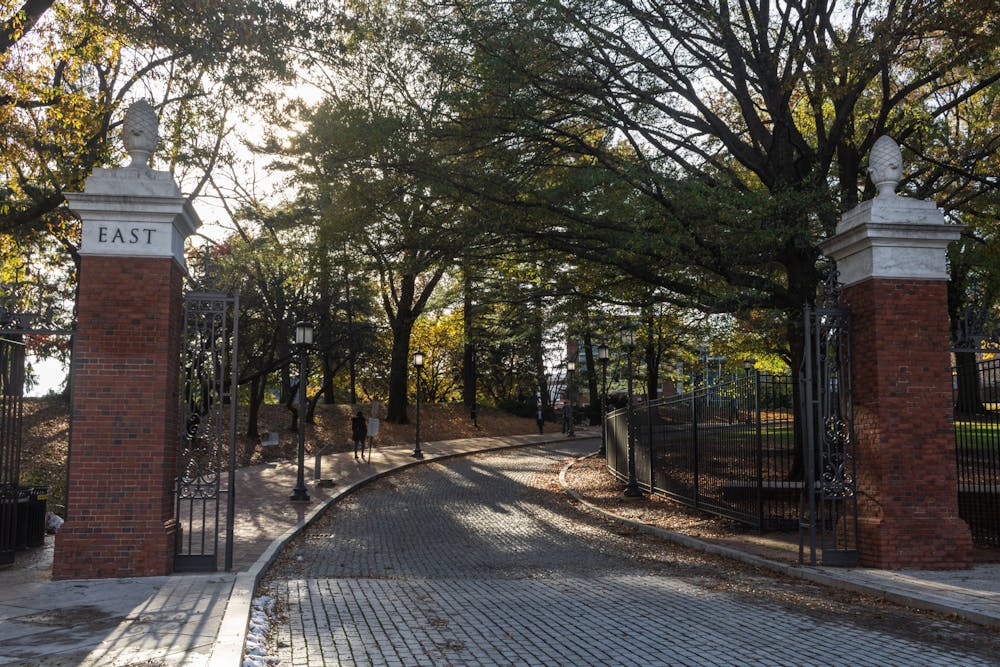
As a writer, I started off wanting to explore the cool things, the unusual things, the macabre things — murders and betrayals, lies and promises, abuses of power, grossly violent crimes and what leads people to such dramatic actions. In my freshman year, the first story I wrote was about a man who got caught in a grocery store shooting.
As the years have passed, I am no longer interested in the extraordinary. Give me the mundaneness of life. Give me the coffee shops, the bookstores, the tensions in text messages. I’ll take the boring realities over a thriller any day.
I think this is because I have realized that the questions I wanted to explore — that we all want to explore — lie in the ordinary things. What it means to love, what it means to have a relationship with yourself and with the people around you, how God factors into your life, what your boundaries are, how you are shaped by your experiences, how the smallest thing about a person is so ridiculously delightful — all of these can be found in the boring life of an ordinary person.
I used to think of myself as a sponge absorbing stories and events and personas. Squeeze me and they will drip out like blood and sinew. I use visceral language because that’s how passionately I feel about stories. For me, it is a primitive need. I need stories to live. Without them, I am unanchored. My growth is stifled. The sponge curls up and becomes stiff and dry.
As I graduate, that's what Hopkins has given me — the chance to know so many people’s stories. So thank you for the stories. Thank you for giving me my lifeblood, thank you for filling up my sponge, thank you for showing me that the ordinary stories are the most meaningful.
It’s not just about meeting people from all over the world, the brochure diversity or the different races or opinions. It's about different lives. I want to hear the stories of what happened that day, stories of that one person who was nice and that one professor who wasn't. Stories about trees that are too green, flowers that are too vivid. Tell me that you saw a squirrel one day that followed you around. Tell me that you saw a squirrel one day and it did nothing. Tell me about your nothings because they are somethings to me. I want to know your stories. I want to know your lives.
It has been the stories that have shaped me. In high school, at a summer program, I was told by a professor that he measured my progress by how increasingly confusing my essays and responses got in class. Confusion was a sign of growth. At a physics conference, a speaker told us that physics was an exercise in stupidity. It was waking up and choosing to be confused, choosing to feel stupid every day.
I think back to my college essay, in which I proudly proclaimed that complexity did not scare me, that confusion did not make me want to run away. I had promised I would be the person that would appreciate uncertainty and would recognize internal battles over eternal questions as the inescapable human condition.
In the essay, I said I had been told I was an intense person but that intensity did not scare me. I wrote that, on the inside, there were two different parts of me that would never stop fighting — one that believed in logic and one that knew that there were things bigger than logic, greater than science. I concluded that I hoped this fight would never stop.
Today, I can proudly say it hasn’t. If there were two different parts of me raging a war four years ago, now there are 100, all battling over different perspectives, different approaches to the same situation. Except for my core beliefs and my fundamental principles, everything is up for debate in my mind.
As I write this, I am overwhelmed realizing this is my last article in The News-Letter. Thank you to those who gave me the opportunity to write. Thank you to everyone who read my voice. Thank you for exploring this with me. Thank you for being my sponge.
I am graduating and continuing my education with a full heart. I am privileged to have experienced this much love in such a short lifetime. As I continue my journey, I only hope for one thing: I hope, just like four years ago, my insides never stop fighting.
Zubia Hasan is a senior from Karachi, Pakistan studying Physics. Her column, Trial & Error, explores relationships between people, cities and herself.





